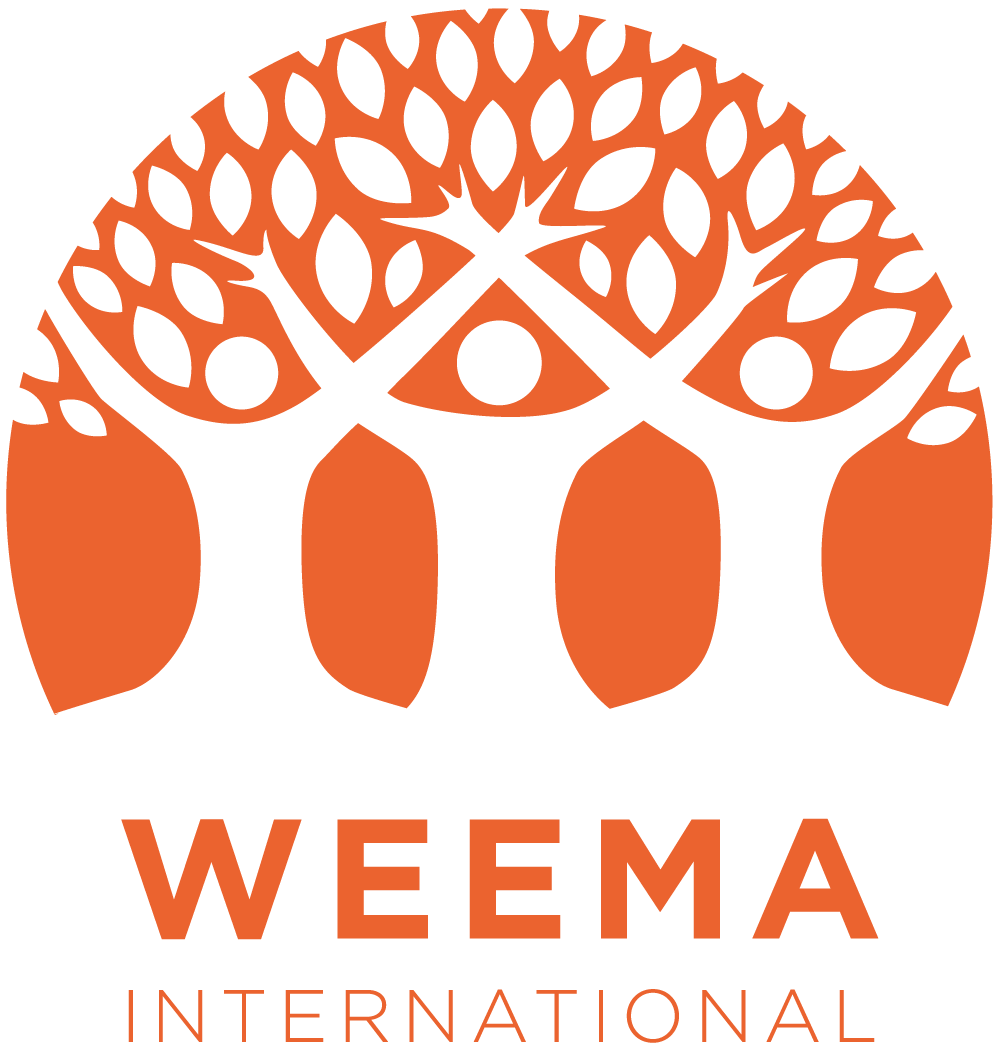
“Now there is no problem after WEEMA International has provided essential and lifesaving equipment and supplies to our hospital.”
“I would say the app is like an ‘office-less doctor’ who would manage everything there-off. Moreover, it increased my confidence…As a result, many mothers are bringing their children to our health post looking for better treatment through the mobile application.”
“I had the surgery and now I can see properly! … Now I will go to school and finish my high school degree and my dream of joining university will come true.”
Maternal & Child Health

WEEMA focuses on strengthening maternal, newborn and child healthcare delivery across the healthcare system- health posts (staffed with community healthcare workers called health extension workers), health centers, and hospitals.
The Kembata-Tembaro Zone, home to 1 million people, has a general hospital and three primary hospitals while the Hadiya Zone with 1.5 million people has one large referral hospital in the capital city of Hosanna. Making sure that these facilities have critical medical equipment can be the difference of life and death for mothers and newborns. Packages of equipment delivered to these facilities - accompanied by extensive staff training - have included oxygen tanks, infant incubators, surgical sets, radiant warmers, patient monitors, ultrasound machines, and laboratory equipment such as hematology analyzers and chemistry machines.
In health centers, we upgrade the labor and delivery rooms with running water, solar lights, basic repairs, and equipment. We support construction, painting and furniture at “maternity waiting homes”, housing within health center compounds designed for high risk mothers. WEEMA also sponsored students at the Hamlin College of Midwifery and provided local health center teams with newborn care (neonatal resuscitation) refresher courses.
At health post level, we equip health extension workers (HEWs) with digital tools, medications and supplies. These HEWs are the frontline providing essential services such as prenatal care and immunizations to their local communities.
Key Indicators
45
health facilities supported with critical equipment or training for maternal and child health
75
health workers trained to provide quality maternal and infant healthcare
Related Blogs
LIFETIME ACHIEVEMENTS
Imported, delivered and installed light giving Solar Suitcases in labor and delivery rooms of 40 health facilities.
12 health professionals trained to perform C-section (General Practitioner's, scrub nurses, asst anesthesia nurses).
36 health workers trained in Essential Newborn Care and Neonatal Resuscitation (Helping Babies Breathe).
Supported a surgical campaign that provided surgery to 100 women for uterine prolapse.
Sponsored 5 women to complete their education at the Hamlin College of Midwives and return to Kembata Tembaro Zone to work in rural health facilities.
43 health workers, 450 Health Development Army volunteers, 64 government leaders trained in "malaria free society through innovative Behavior Change Communication and prevention activities.
Digital Health Tools

“This tool guides me to not make a mistake. The application gives the disease classification and the appropriate treatment.”
Health Extension Workers (HEWs), Ethiopia’s frontline community health workers, provide comprehensive family health services, disease prevention, and health education to rural and semi-urban communities across the country. Currently there are over 38,000 HEWs stationed in 16,000 health posts and serve as the backbone of the primary health care unit.
With our partner D-Tree International, WEEMA piloted an innovative, evidence-based, user-friendly mobile application for diagnosing and treating common childhood illnesses. We successfully engaged 100 HEWs in the Kembata-Tembaro Zone who clinically managed over 5,000 children with this tool. HEWs reported increased confidence, improved outcomes and better care-seeking behavior from the community due to the use of the digital tool.
Given our experience and commitment, the Federal Ministry of Health (MOH) has asked WEEMA to be an implementing partner for its electronic community health information system (eCHIS). eCHIS is a digital platform designed specifically to support HEWs provide 18 distinct packages of health care services. The platform includes clinical decision support, client tracking, and data collection. The MOH, in coordination with implementing partners, will train all HEWs and completely operationalize the eCHIS system over the next several years. As part of this initiative, WEEMA has transitioned previous trained HEWs to the eCHIS platform and is scaling throughout the Kembata-Tembaro Zone. In addition, WEEMA intends to serve as a model site and contribute to implementation research under the guidance of the Ministry of Health.
Key Indicators
533,766
people in catchment area of health workers trained by WEEMA
266
community health workers trained and using evidence-based mobile application
Related Blogs
Surgical Cataract Campaigns

“It’s beautiful to see the immediate changes in people when they remove the bandages [following surgery]. People are singing, praying and bowing to God in joy and celebration.”
Cataracts are the leading cause of preventable blindness in Ethiopia, affecting roughly 1 million people. Cataracts are devastating for individuals and their families, resulting in reduced education, lost productivity, and inability to earn an income.
WEEMA and the Himalayan Cataract Project organize annual High-Volume Surgical Cataract Campaigns to restore eyesight to about 1,000 people every year. Each campaign includes partnering with local hospitals to serve their catchment area while also providing ongoing medical training to these public eyecare facilities.























